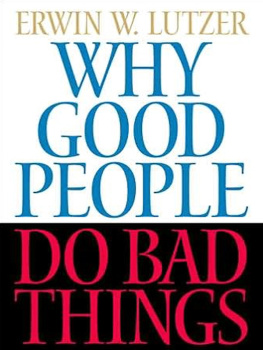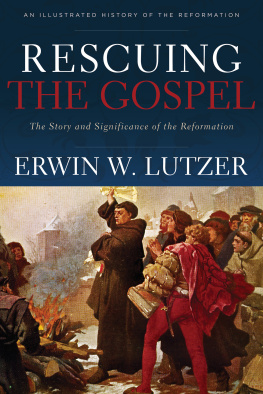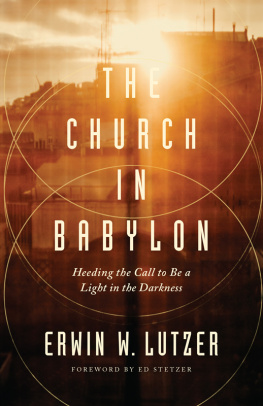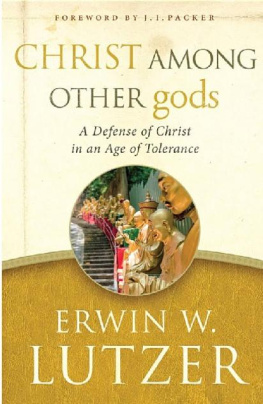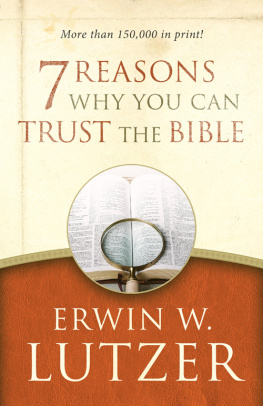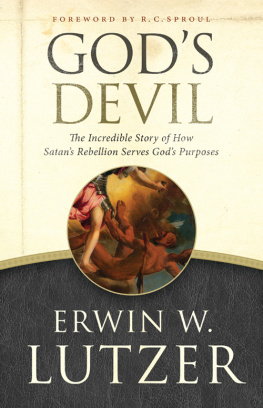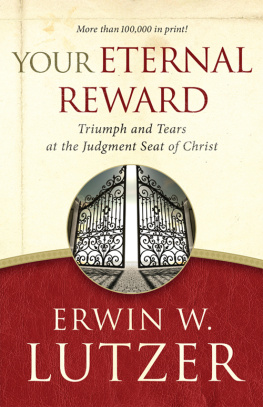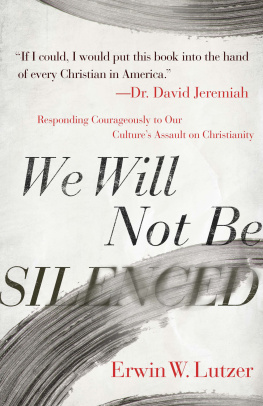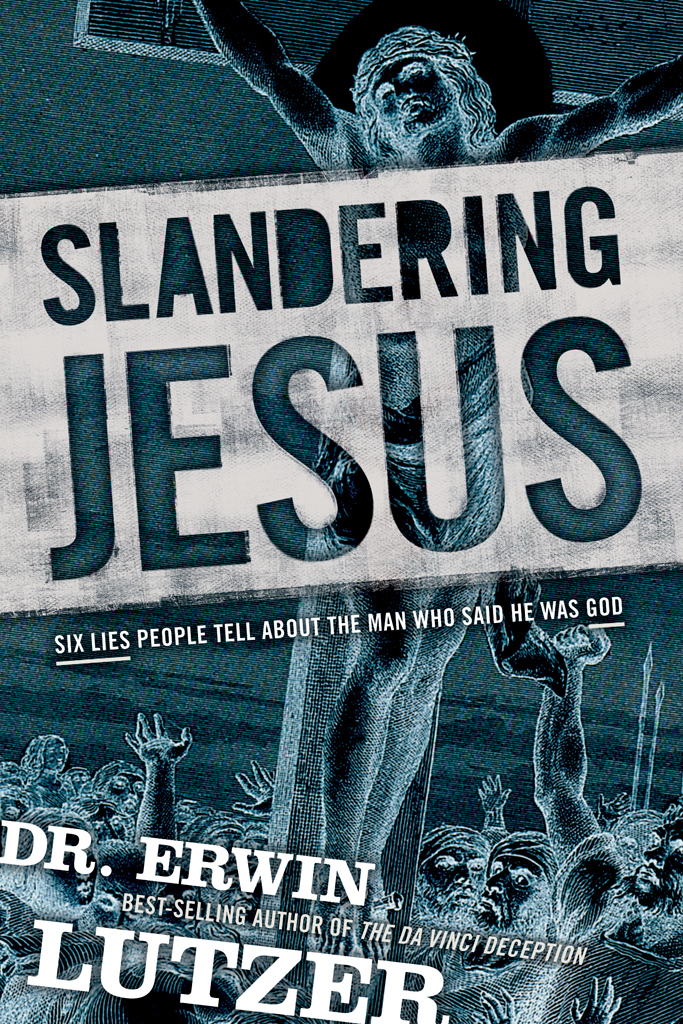Writing a book is never a solo project, but a collective task with those who help with the research, editing, and eventually the production process. My special thanks goes to Michael Thate, a brilliant young scholar who helped me with the research and writing of chapters 3 and 4. His knowledge of the controversy surrounding the Judas Document and his keen understanding of the Jesus Seminar helped clarify my own thinking so that the issues could be properly addressed.
Dr. Darrell Bock, research professor at Dallas Theological Seminary, supplied valuable information on how Jesus is viewed today. Much of his thinking is reflected in my opening chapter, Jesus in the Spin Zone. Dr. Bocks new book Dethroning Jesus is a scholarly contribution to the debate about how Jesus is interpreted in our culture.
Jan Long Harris, you continue to believe in what I do.
Lisa Jackson, thanks for your careful editing.
Erik Peterson, thanks for the creative cover.
Finally, I pay tribute to my lovely wife, Rebecca, who, when Im writing a book, has to put up with my erratic hours, my constant presence at the computer, and the knowledge that some important matters will have to be postponed for another time.
FROM THE PEN OF AN ATHEIST
Welcome to this discussion about Jesus.
The question of whether or not Jesus was God and thus the only qualified Savior is one that rational people of all stripes cannot ignore. On this, according to Christian belief, hinges not only the truth of the Christian faith but, more ominously, the eternal fate of individuals. Simply put, either historic Christianity is true or it is the most dastardly hoax ever perpetrated.
No one sees this more clearly than Sam Harris, a well-known atheist and author of the book Letter to a Christian Nation. In it, Harris acknowledges that there are many points on which he and Christians can agree. For example, that one of us is right, the other is wrong. He continues:
Either Jesus offers humanity the one true path to salvation (John 14:6), or he does not. We agree that to be a true Christian is to believe that all other faiths are mistaken, and profoundly so. If Christianity is correct, and I persist in my unbelief, I should expect to suffer the torments of hell (emphasis added).
No one can doubt that Harris understands the true nature of the Christian faith. There is no neutrality on these issues, unless, of course, one were to opt for a mere shell of Christianity that has been emptied of its distinctive beliefs and power. Let us agree that Harris is right: If Christianity is correct, he can expect to suffer torments in hell.
Writing to us as Christians, Harris proceeds with equal clarity:
Either the Bible is just an ordinary book, written by mortals, or it isnt. Either Christ was divine, or he was not. If the Bible is an ordinary book, and Christ an ordinary man, the basic doctrine of Christianity is false. If the Bible is an ordinary book, and Christ an ordinary man, the history of Christian theology is the story of bookish men parsing a collective delusion. If the basic tenets of Christianity are true then there are some very grim surprises in store for nonbelievers like myself. You understand this. At least half the American population understands this. So let us be honest with ourselves: in the fullness of time, one side is really going to win this argument, and the other side is really going to lose.
One side is really going to win this argument, and the other side is really going to lose! Harris understands that everything is at stake in this debate: heaven or hell, paradise or suffering, judgment or oblivion. At death, our faith as Christians will be put to the final test. We will either experience conscious bliss, or, if Harris is right, an eternity of nothingness. And as for Harris, if he is wrong and Christianity is right, horror awaits.
Slandering Jesus is not unbiased in its argument that Jesus is indeed the Son of God and therefore atheists and followers of other religions are really going to lose. There are compelling reasons to stake our eternal destiny on Jesus, and not, say, on the writings of atheists. Pascal, you will recall, put forth a wager: Believe in Christ, and if He is the Son of God, you have heaven to gain; if He is not, you have nothing to lose. However, contrary to what Pascal says, belief in the Jesus of the New Testament is not a gamble, but a rational decision based on various kinds of evidence.
But who is this Jesus in whom Christians believe? And how is He distinguished from other Jesuses in our culture? To my knowledge, we have never had as many religious options as we do today, so many varieties of Jesus from which to choose.
In the pages that follow, well examine six views of Jesus. Each holds Him in high regard, but unfortunately, upon careful examination, we find in each case that He is damned by faint praise. Too often He is well spoken of, but slandered nevertheless.
But before we get into these particular lies about Jesus, we first need to understand the presuppositions that give scholars permission to reinvent Him according to their liking. From there, we can move on to sample various views and show why Jesus does not easily fit into the mainstream of our endlessly tolerant religious culture. He stands above all other religious claims even when He welcomes us to be in fellowship with Him and His Father.
FROM MY HEART TO YOURS
Im glad that you have an interest in Jesus. Perhaps it is a mere curiosity, or maybe you have a settled opinion of Him as a great teacher, a guru, or a man who elevated the status of women. Or perhaps you have concluded that He is indeed the Son of God, the Savior of the world. No matter what your opinion, we should all be interested in learning more about Him.


